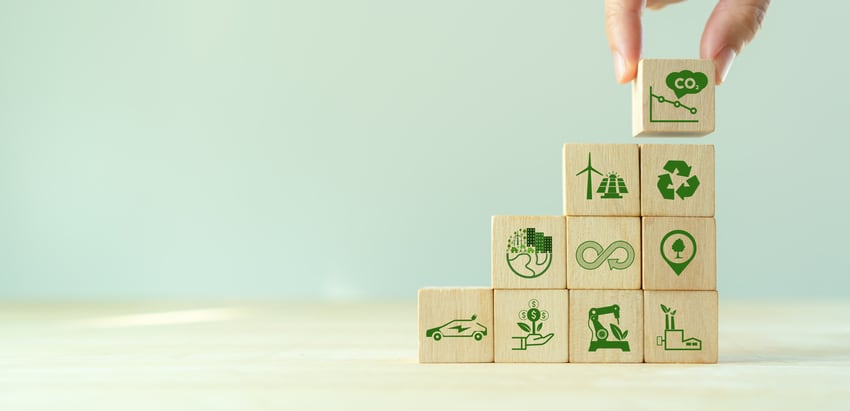The company reported that it decreased its CO2 emissions by 13.3% between 2021 and 2022 and by 9% between 2022 and 2023, noting that both are significantly higher than the 4.2% annual reduction required to limit global warming to 1.5°C as called for in the Paris Agreement.
"Analyzing the whole value chain is the most important aspect in identifying and quantifying the CO2 emissions," said Iver Lande Kvalsvik, sustainability and environmental, social and governance (ESG) manager at Epax. "Some barriers are relatively easy to overcome and others quite challenging, but it was necessary to rethink everything we do and how we do it."
He added that reducing emission factors required a heavy investment but that it was necessary to propel Epax's ambitious goal of absolute reduction in CO2 emissions each year to 2030.
Achieving cuts
Epax says it has largely achieved cuts by reducing fossil fuel use, made possible by the installation of a new electric boiler in 2021 to produce steam.
In 2023, the company reached a new milestone, reporting that more than 95% of energy consumed came from clean and renewable hydropower, up from 17% in 2020. It aims to meet 100% of its energy needs with hydropower in 2024.
“We always have used hydroelectric power, but with the new electric boiler, we can cover almost all our energy demand with this renewable source,” Kvalsvik said.
Changing power sources was an obvious move for Epax towards its 2030 goals, he noted, adding that the company has also invested in a new energy grid and electric power transformers.
Reaching sustainability goals
Epax highlighted these achievements in its second annual Environment, Social and Governance (ESG) Report, which detailed how the company is working to align with five of the United Nations Sustainable Development Goals (SDGs): clean water and sanitation, decent work and economic growth, responsible production and consumption, climate action and life below water.
Other milestones to date include a 65% decrease in the amount of potable water used for cooling through the installation of a new plant that uses seawater—separated from the production flow and returned to the sea uncontaminated—instead of drinking water to cool process operations. The company says that it aims to reduce potable water use by 80% (compared to 2021) by 2025.
In addition, Epax reported an increase in circularity in the use of marine biomaterials to 97% by increasing production yields and transforming materials that would previously have been treated as waste into products in the food chain.
To ensure full traceability and sustainability of raw materials, the company is also only using fish stock certified by Friend of the Sea (FOS), a project by the World Sustainability Organization that certifies and promotes seafood from sustainable fisheries and aquaculture.


